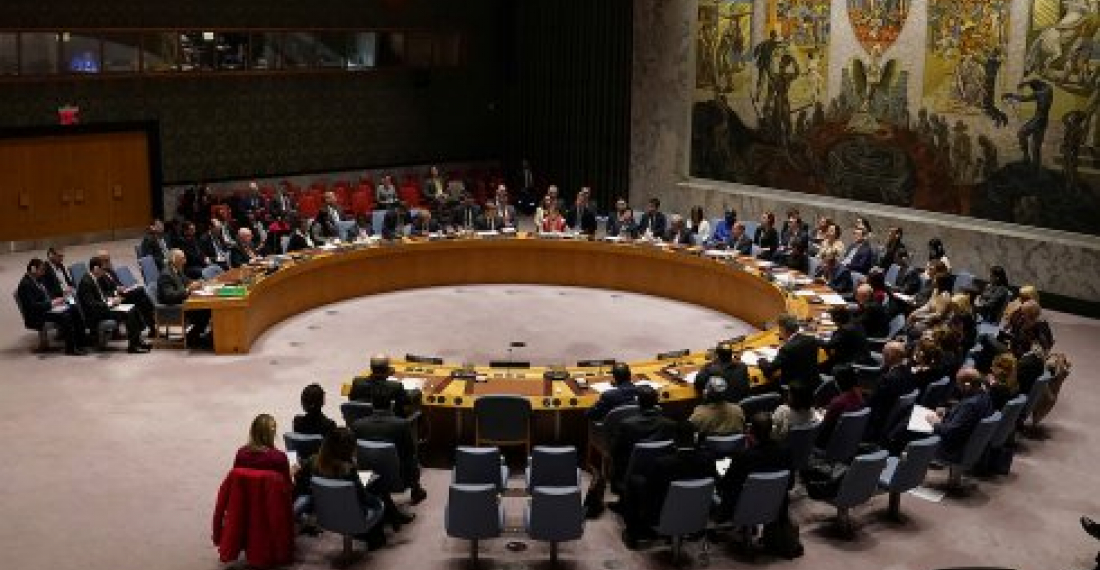The United Nations Security Council expressed concern on Tuesday at the on-going fighting between Armenia and Azerbaijan in the Nagorno-Karabakh conflict zone.
The Security Council held a closed-door session to discuss the issue at the request of European countries members of the Council.
The current fifteen members of the Security Council are the five permanent members: France, Russia, China, the United Kingdom and the United States, and ten other member states who serve a two year term. These currently are Belgium, Dominican Republic, Estonia, Germany, Indonesia, Niger, St Vincent and the Grenadines, South Africa, Tunisia and Vietnam.
They "expressed concern over reports of large scale military actions along the Line of Contact in the Nagorno-Karabakh conflict zone" and "strongly condemn the use of force."
"Security Council members voiced support for the call by the Secretary General on the sides to immediately stop fighting, de-escalate tensions and return to meaningful negotiations without delay," the council said in statement.
source: commonspace.eu






